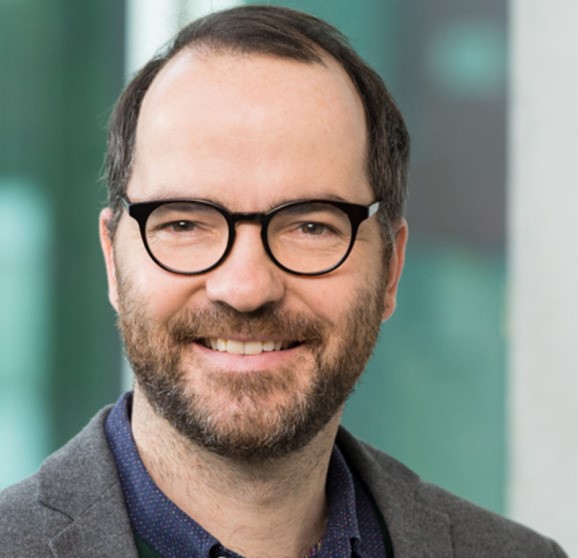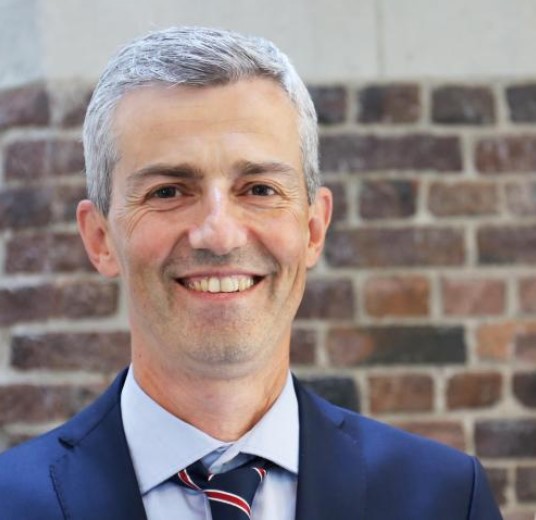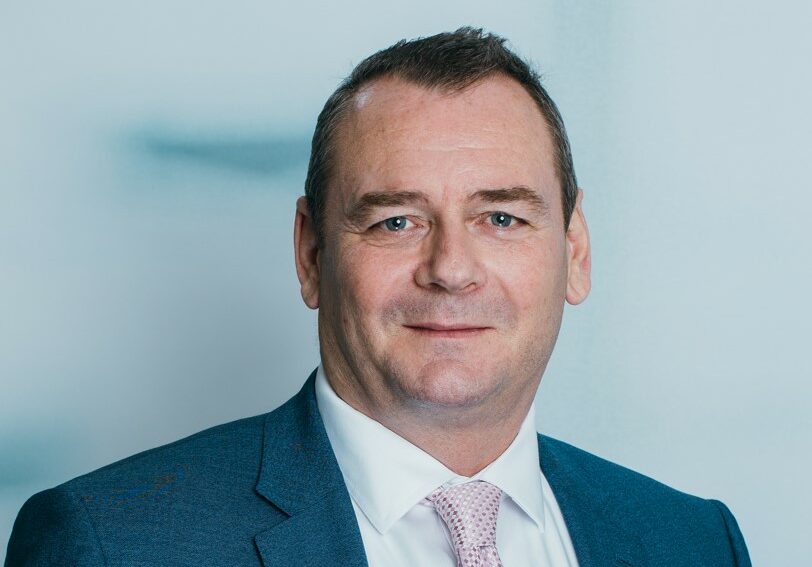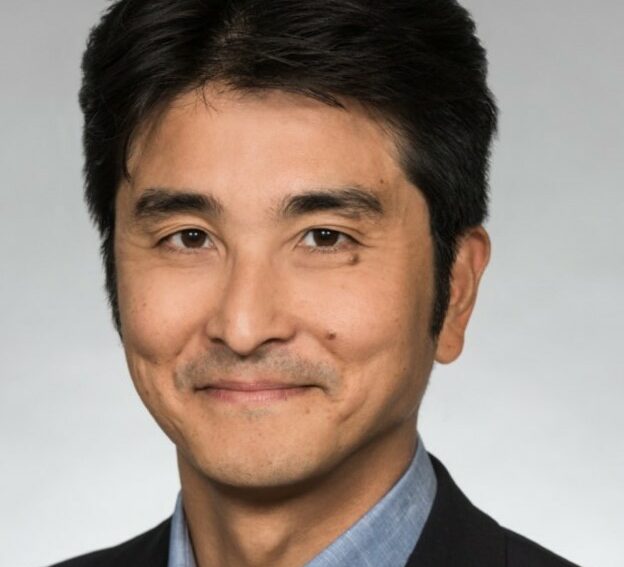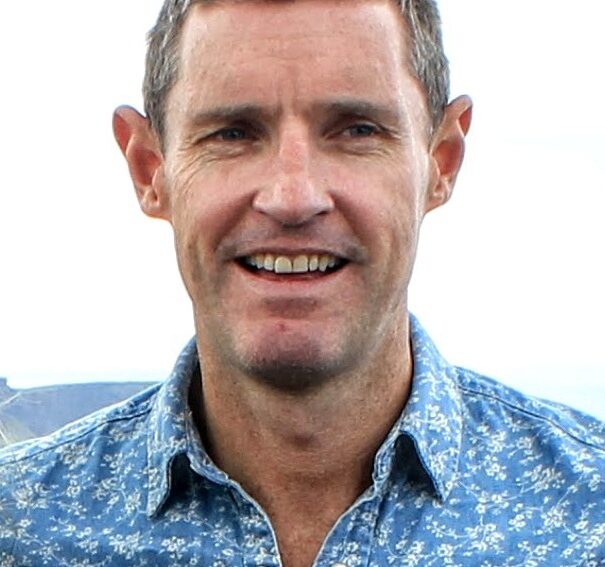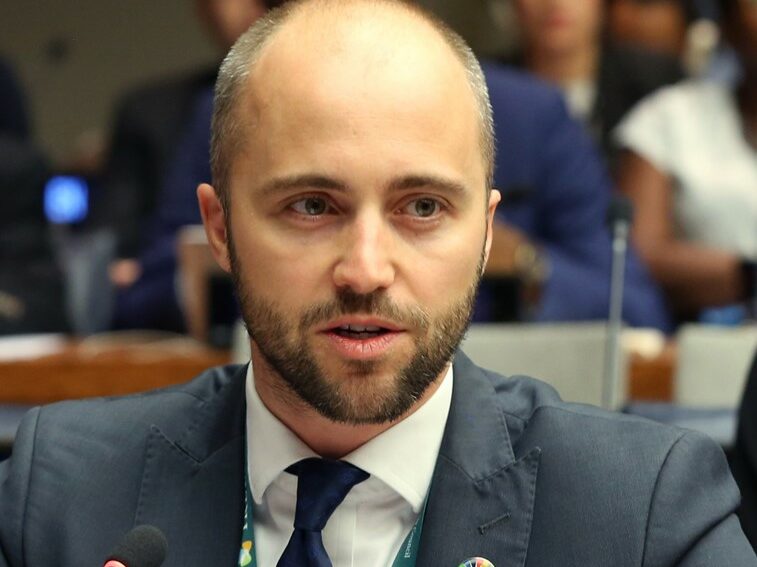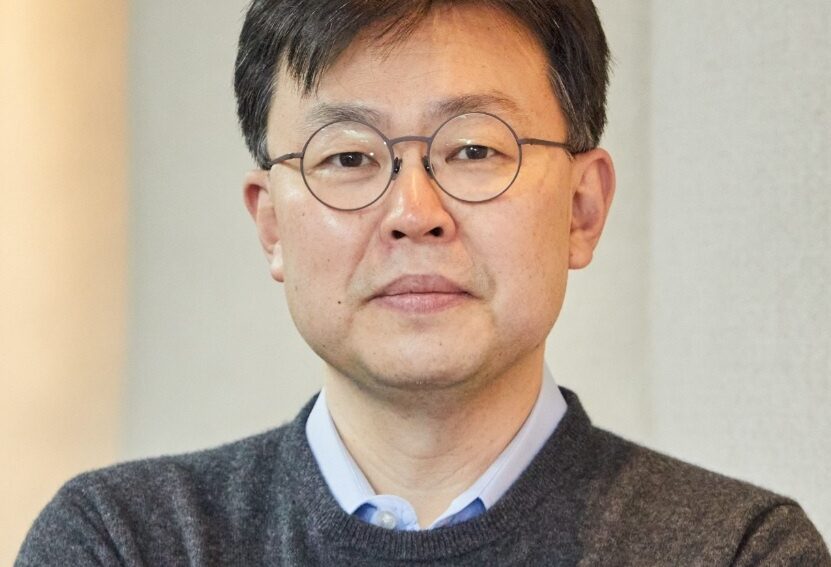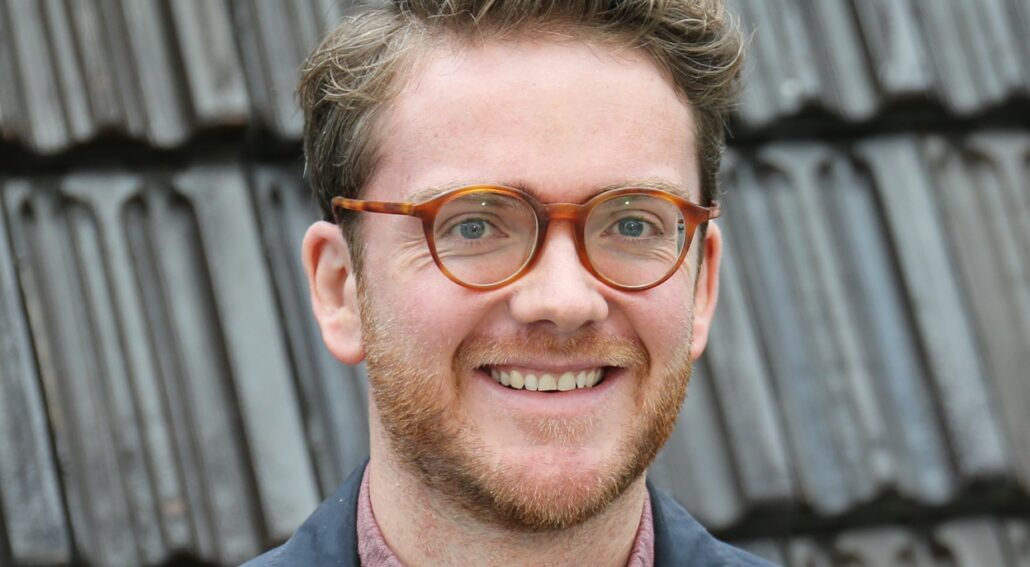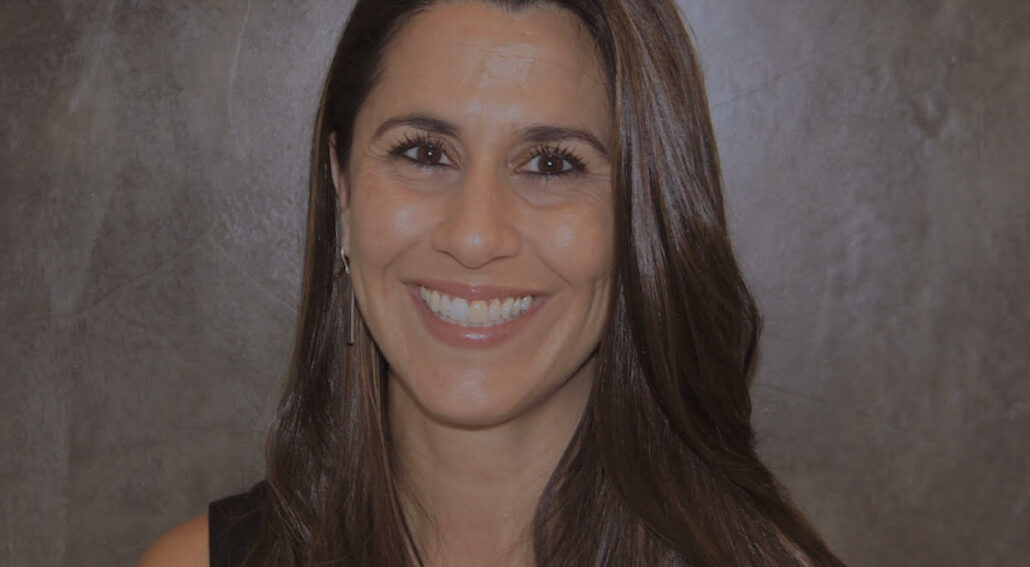
Mariamalia Rodríguez Chaves
Postdoctoral Fellow
WMU-Sasakawa Global Ocean Institute
Dr. Rodríguez Chaves has more than fifteen years of experience working with environmental non-governmental organizations and as an independent consultant on diverse environmental topics. She has a Law Degree, and a Masters Degree in Environmental Law, from the University of Costa Rica; and a PhD in Law from the School of Law of the National University of Ireland, Galway (NUIG). Currently, Mariamalia is a Post-Doctoral Fellow researcher in the Empowering Women for the United Nations Decade of Ocean Science for Sustainable Development programme at the WMU-Sasakawa Global Ocean Institute; a consultant for the High Seas Alliance, where she is responsible for coordinating the approach of Latin American countries in negotiating a new treaty on biodiversity beyond national negotiations at the United Nations; and she is the programme coordinator of the DOALOS/Norway programmes of assistance to meet the strategic capacity needs of developing states in the field of ocean governance and the law of the sea.

